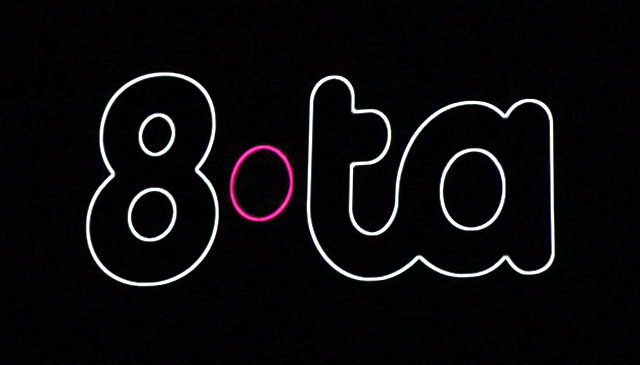
A Cell C complaint to the Advertising Standards Authority has resulted in Telkom’s mobile business, 8ta, withdrawing claims it made in an advertising campaign that it had South Africa’s lowest call rate, in the process earning a further warning from the authority.
In its complaint, Cell C argued that its 99c/minute rate applied irrespective of whether customers were on prepaid or contract plans and was effective at all times.
According to the advertising authority, Cell C outlined possible ways in which 8ta could come to the conclusion that its product offered the lowest call rate and the smaller company’s campaign appeared to be in response to its 99c/minute tariff plans. “This means that the average consumer would interpret the claim to mean ‘where I pay 99c/minute for Cell C, I pay 95c/minute for 8ta’.”
However, Cell C argued that this was “not true” as 8ta did not offer a 95c/minute standard rate. “What they do offer is a standard rate of R1,90, but when one recharges, one’s airtime is doubled, which effectively results in a call rate of 95c/minute. This 95c/minute rate is only available to prepaid customers who recharge, and not to all 8ta customers.
“If one were to use the same calculations on [Cell C’s] product, it could work out to an effective 60c/minute charge. Put simply, to obtain what Cell C offers for 99c/minute, an 8ta customer would pay R1,90/minute. If one were to achieve the effective 95c/minute rate on 8ta, one would be able to achieve approximately 60c/minute with Cell C.
“The claim that the respondent offers ‘South Africa’s lowest call rate’ is therefore untrue and misleading.”
In reply, 8ta said that “in the spirit of good practice” and given its “commitment to adhere to the standards set out” in the Advertising Standards Authority’s code of conduct, it decided to make amendments to the campaign by adding the words “to all South African networks” and “prepaid only”, along with a reference to the fact that the standard rate was R1,90/minute.
The authority said it had a longstanding principle that where an advertiser provides an undertaking to withdraw or amend its ads in a way that addresses the concerns raised, it is accepted without considering the merits.
8ta, it said, undertook to make changes to all its advertising to qualify the claim that it offers the country’s lowest call rate. “While the directorate is not in a position to consider whether or not such qualifications will indemnify the claim from any subsequent challenges, it is satisfied that the proposed amendments would alter the manner in which the claim is interpreted to the extent that it would effectively be a ‘new’ claim,” it said. “It is stressed that this approach applies only if the additional qualifying claims are made prominently and clearly in all advertising.
The authority said it noted with “some concern” that 8ta said it intended to “engage the service of an independent pricing expert” in future to compare tariffs scientifically. “This suggests that the respondent did not hold unequivocal verification of its claim [to having] “South Africa’s lowest call rate” at the time of publishing. Clearly this is contrary to the provisions of the code.”
In addition, the authority said the Cell C case was 8ta’s second undertaking to withdraw or amend disputed advertising in the recent past. It had previously undertaken to withdraw a claim that it offered unlimited calls to all networks following a complaint brought by the Internet Service Providers’ Association.
“It is hoped that the respondent is not merely providing undertakings to withdraw or amend in an effort to avoid adverse rulings or sanctions.” — (c) 2013 NewsCentral Media




